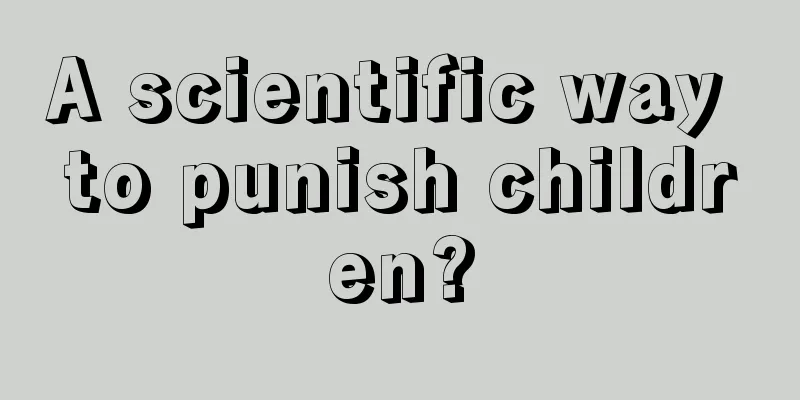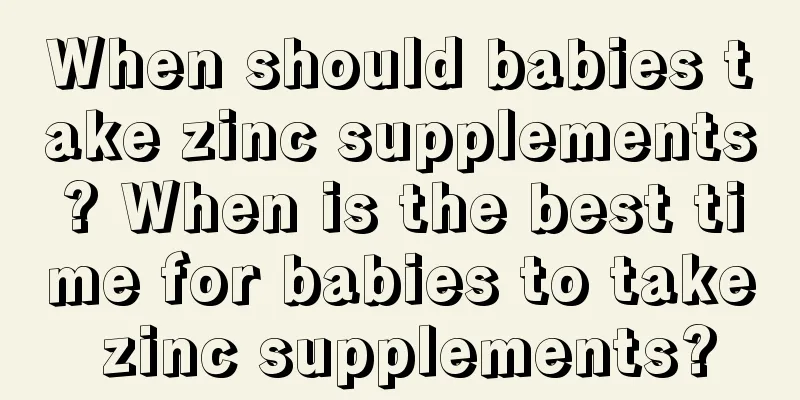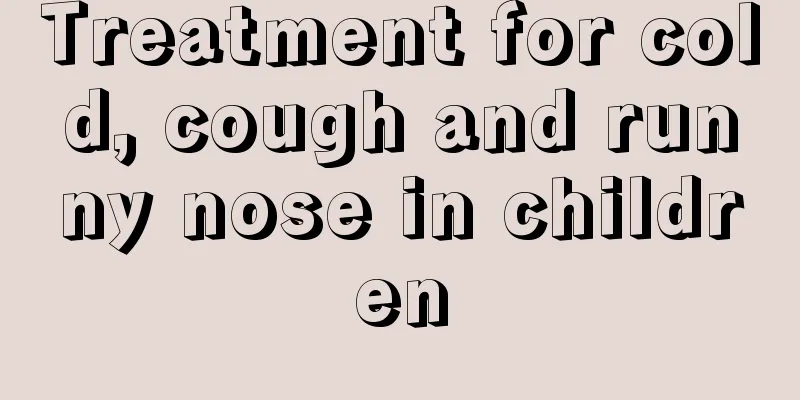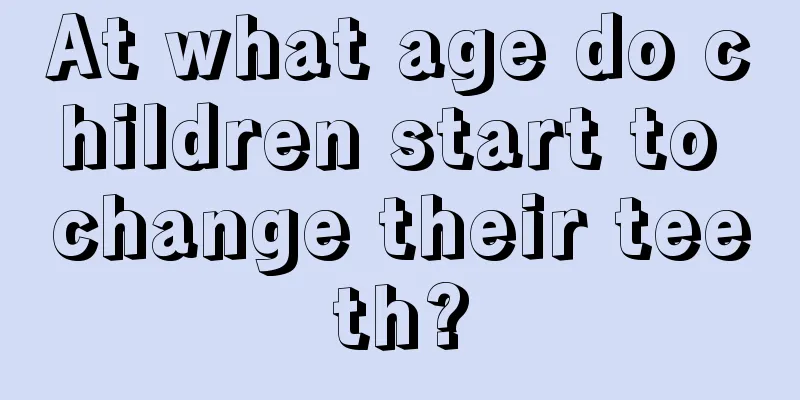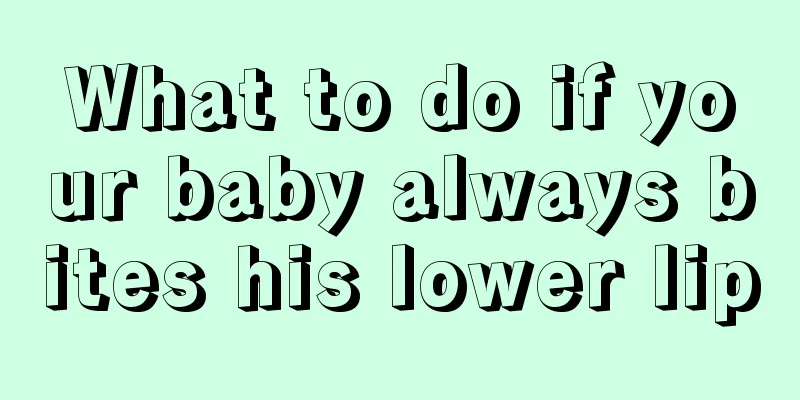Did the boy swallow alkali by mistake?

|
In daily life, there are such cases every year. Many children accidentally ingest substances due to curiosity and unclear distinction. Some children even pay the price with their lives in serious cases. Therefore, it is not difficult to find from these that there is no trivial matter involving children. It is very important for us to do a good job of safety education in daily life. So, if a child accidentally ingests substances, for example, the child swallows pyrolyte, what should we do? Danger is everywhere, prevention is the key! 1. Do not put toxic liquids into beverage bottles Try not to put bulk or liquid medicines, such as laundry detergent, disinfectant, pesticides, etc., into beverage bottles, as this may make your baby think they are drinks and cause accidental ingestion. Also don't place it where your baby can reach it. 2. Isolate harmful items Cover items that may cause poisoning with lids and place them out of reach of children, or lock them if possible. 3. Do not place medicines randomly Parents should not place antihypertensive drugs, hypoglycemic drugs, motion sickness drugs and other medicines casually, as the baby may think they are seasoning packets or sugar packets. Also, do not mix medicines with other items (especially food). Adult medicines and children's medicines should be kept separate, and external medicines and oral medicines should be kept separate to avoid accidental ingestion. Also, be careful not to deceive your children by telling them that medicine is candy in order to get them to take it. Instead, tell them the name of the medicine and why they need to take it. Let them have a clearer and more accurate understanding of drugs. 4. Educate your children to understand the dangers of accidental ingestion Seize the opportunity to guide children to correctly understand these potential hazards in daily life, help them recognize these dangerous items (such as mosquito coils, laundry detergent, rat poison, cockroach poison, etc. at home), establish the concept of not eating, drinking, or touching unknown objects, and reduce the possibility of accidental poisoning. 5. Don't eat foods that are easy to choke Do not give young children foods that are difficult to chew, such as peanuts, melon seeds, beans, and jelly. For foods with pits, remove the pits first. 6. Develop good daily habits Correct your baby's bad habit of putting small toys in his mouth to play. Cultivate good habits for your baby to eat quietly and don’t talk while eating. When the baby is eating, do not let him make noise, run or jump, and parents should not tease, scold or scare the baby at this time. Do not force-feed medicine to the baby and do not force it into his mouth when he is crying. What to do if baby accidentally ingests it? 1. For those with mild symptoms, remove unabsorbed toxic substances as soon as possible. For children suspected of acute drug poisoning, if the condition is mild, they can be observed first and then given general treatment. The first thing to do is to move the child away from the contaminated area, which can be more effective than several days of treatment. Then wash the skin that has come into contact with the poison repeatedly with plenty of water for more than 15 minutes. Avoid using hot water, lukewarm water is preferred. Eye contamination can be thoroughly cleaned with saline or clean water. Especially if strong acid or alkali splashes into the eyes, it is necessary to rinse repeatedly for about half an hour or more. 2. Don’t induce vomiting easily For poisons ingested orally, all ingested poisons should be removed unless the nature of the poison does not allow it, such as corrosive agents such as strong acids and alkalis, or kerosene and gasoline have been swallowed, or the child is unconscious and unable to cooperate. Generally, the poison should be induced to vomit within 6 hours. This can be done by drinking 3-4 cups of lukewarm salt water (half the amount of salt added to 250 ml of water) or milk, and then using a cotton swab, chopsticks or fingers to stimulate the throat to induce vomiting. Those who accidentally ingest strong acid can first take 1000-1500 ml of egg white water to dilute the acid concentration, and then drink 200 ml of egg white, milk, soy milk or 150 ml of peanut oil to nourish the stomach and detoxify. Never use sodium bicarbonate. If you accidentally ingest strong alkali, you can first take vinegar to neutralize the alkali, and then take raw egg white, milk or vegetable oil. However, if a preschool child accidentally ingests poisoning, do not induce vomiting easily. Because the child is too young, if vomiting is not induced properly, the child may easily inhale vomit and suffocate, which can easily cause danger. 3. Head sideways If a child has convulsions and vomiting, turn the child's head to the side to avoid inhaling vomit, which can cause danger. |
<<: What should I do if my child has long sweat hair?
>>: White discharge from urethra of girl
Recommend
How to treat newborn baby's breathing problems
Some newborns or newborns have difficulty breathi...
What should I do if my child has long-term indigestion? These methods are very effective
If a child suffers from indigestion for a long ti...
What to do if teeth grow backwards
During the process of tooth growth, we often enco...
Parents should pay attention to the symptoms of asthma in children
If a child develops asthma, parents must pay atte...
What medicine is good for baby's diaper rash
If the baby's diaper is too wet, it will caus...
Why does my 2-month-old baby have loose stools?
Many parents said that their baby is only two mon...
Can eight-month-old babies eat crabs?
Many people have no immunity to crabs, especially...
When do girls develop puberty?
Everything in today's families revolves aroun...
What are the common diseases of newborns?
People who work every day are busy going to and f...
What is the disease when children have small red spots around their eyes?
Under normal circumstances, the skin around the e...
What foods can help children grow taller
A child's growth and development, especially ...
What to do if your child is shy and timid
However, in life, we often see other people's...
Baby hip development standards
Hip joint development begins in infancy. We have ...
How to remove moles on children's faces
Adults pay great attention to their appearance. O...
Boys' height retardation
It is easy to see how a child's physical deve...

